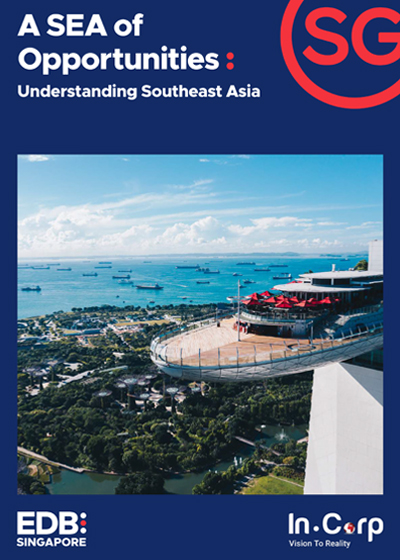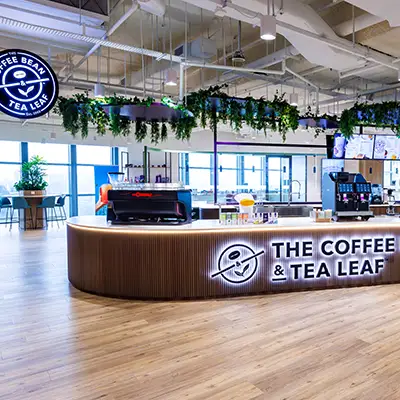The Southeast Asian region is an attractive place for European firms to do business and Singapore continues to be their hub of choice, noted the executive director of the EU-ASEAN Business Council.
Mr Chris Humphrey said ASEAN’s attributes such as its young and tech-savvy workforce, the growing middle class, an abundance of natural resources and the region’s geographical location make it extremely attractive for foreign direct investments (FDIs).
The EU-ASEAN Business Council represents European businesses in Southeast Asia.
FDI inflows in ASEAN rose by 42 per cent in 2021 to US$174 billion (S$241 billion), according to a recent report, which also noted that the region was the second-largest recipient, second only to China.
ASEAN’s share of global FDI inflows has been rising – from an annual average of 7 per cent between 2011 and 2017 to 11 per cent between 2018 and 2019, and rising to 12 per cent between 2020 and 2021.
Mr Humphrey said ASEAN has become even more compelling as an investment destination now. “If you look at the rest of the world, you have geopolitical tensions and increasing nationalism in China, Europe’s growth rates are pretty flat to negative, the US is much the same as well.
“Africa is not nearly as developed as Southeast Asia. South America is a bit too far away.”
European businesses use Singapore as their base to expand into the region, Mr Humphrey added.








